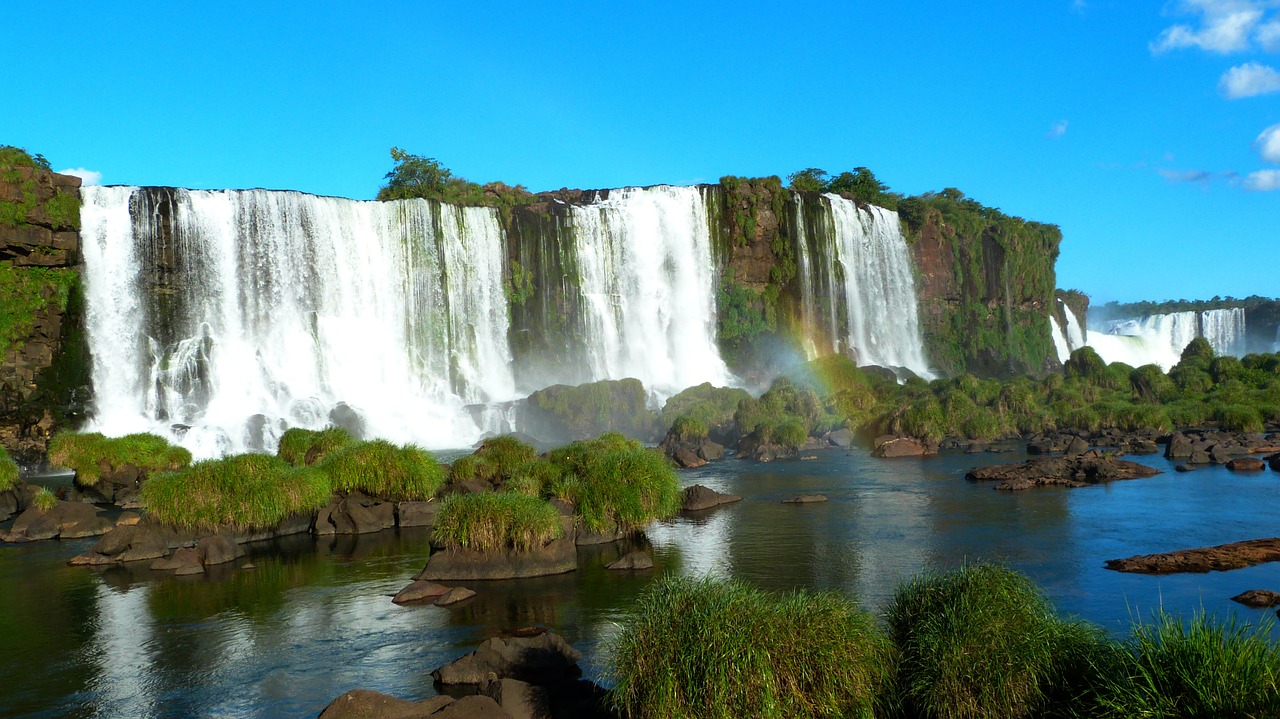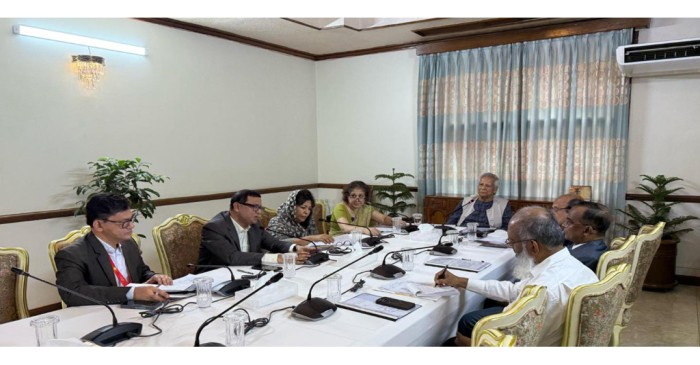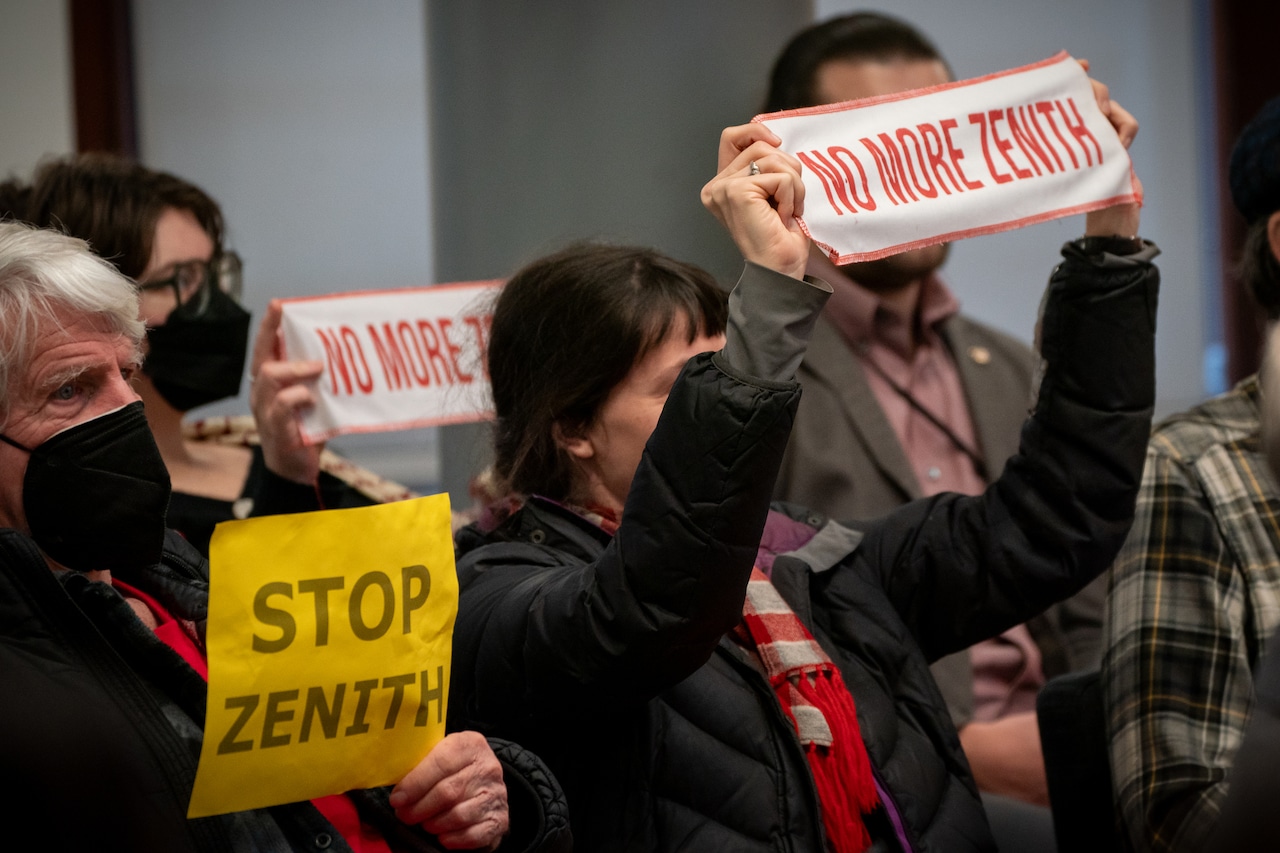Green Victory: UN Experts Cheer Brazil's Bold Veto of Environmental Rollback Bill

UN Human Rights and Environmental Experts Applaud Lula's Bold Environmental Protection Move
In a significant victory for environmental conservation, UN human rights and environmental experts have enthusiastically praised Brazilian President Luiz Inácio Lula da Silva's decisive action to protect Brazil's ecological landscape. On Thursday, they commended his strategic decision to veto 63 provisions in a comprehensive environmental licensing bill, signaling a strong commitment to sustainable development and environmental safeguarding.
The president's move demonstrates a proactive approach to balancing economic development with environmental protection, addressing potential legislative provisions that could have undermined Brazil's critical ecological systems. By carefully scrutinizing and selectively vetoing specific sections of the bill, Lula has shown a nuanced understanding of the delicate intersection between industrial progress and environmental preservation.
Experts from the UN highlighted the importance of such decisive leadership in an era of increasing environmental challenges, viewing this action as a potential model for other nations grappling with similar developmental and conservation dilemmas. The vetoes are seen as a crucial step in maintaining Brazil's rich biodiversity and protecting vulnerable ecosystems.
This strategic intervention underscores the Brazilian government's renewed commitment to environmental stewardship and sustainable policy-making, marking a significant departure from previous approaches that often prioritized economic interests over ecological considerations.







.png)
